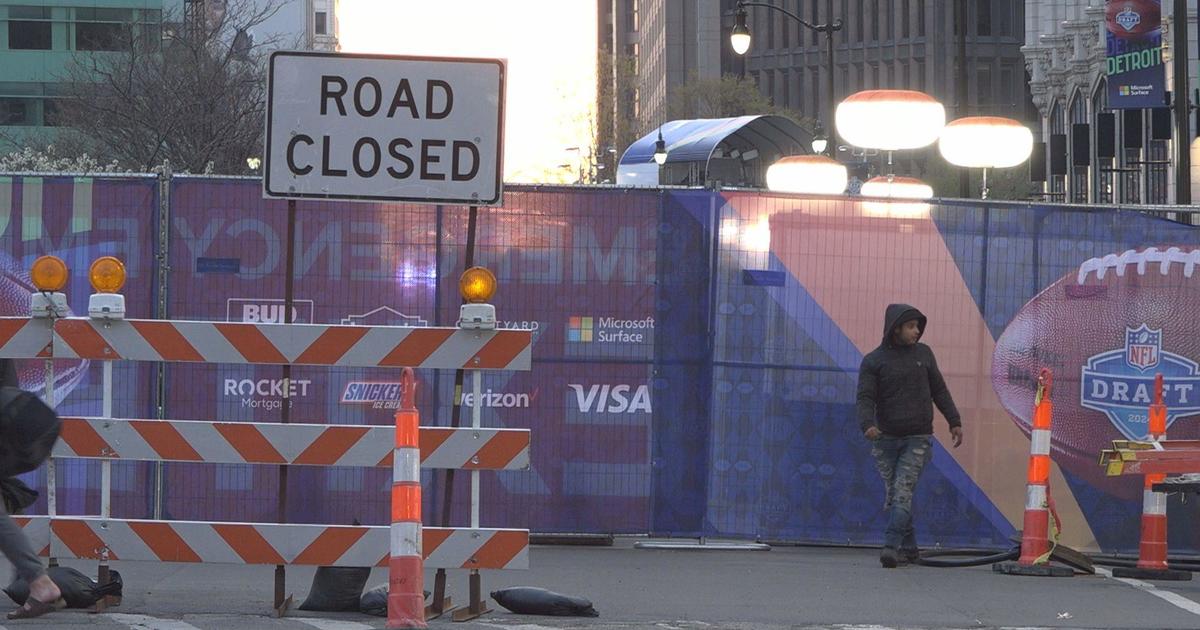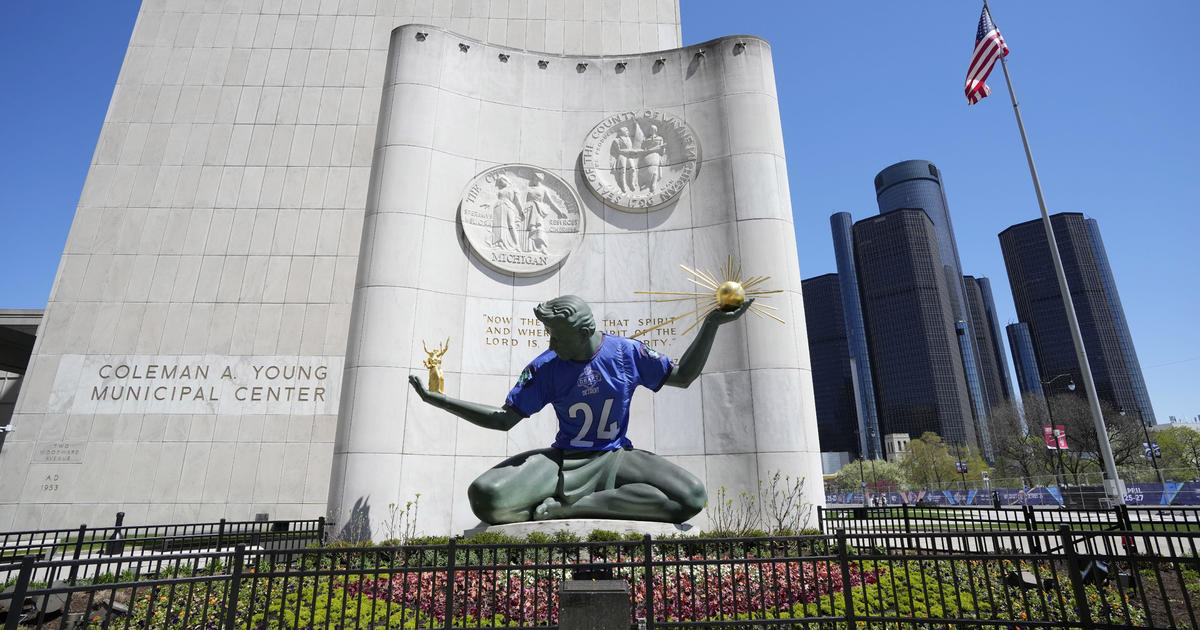OPINION: Emergency Manager Won't Work In Detroit, Hasn't Worked Elsewhere
By Eric Thomas
It could come Friday, when a cadre of officials makes the announcement from Lansing. It will start, regardless of whether the voters rejected it or not. It will start, and the only evidence we have to predict the outcome bodes very badly. An already tenuous situation could become worse, beyond the imagination of anyone involved.
Detroit will likely be forced to accept an emergency manager, the state seems primed and ready. Our governor loves this policy so much he signed it twice and the people he sent to assess the situation were his appointments, so they will likely tell him what he wants to hear.
Governor Snyder is proposing the installation of a despot, a single autonomous entity with absolute power. Members of the public rubbing their hands together at the thought, eager to see the elected officials of Detroit rendered useless in their positions. The decisions cast by voters made abrogate by the man in charge.
There are some that don't see stripping the electoral process as a flaw, but rather a feature. The argument being the voters of Detroit haven't acted responsibly, using their democratic right to elect bad leaders. The name Kwame Kilpatrick comes up quickly in this conversation. There is something punitive about this enthusiasm, a desire to punish Detroit for their voting ignorance. The standoff between the city and suburbs has come to this.
Amid the rancor, there seems to be something missing from the discussion. Does the installation of an emergency manager work? Is it an effective way to prosecute the finances of a city? Will the EM give Detroit the "turn around" it needs? The answer, when examined, is no.
The original emergency manager law was passed in 1988 to specifically address the financial crisis in the city of Hamtramck. Since then, many cities and school districts in Michigan have been placed under emergency management by the state, including the appointment of two different managers in Pontiac, two in Flint, and three in Highland Park. None of those municipalities have yet to transform into hotbeds of economic growth.
To the contrary, the communities were left ill-equipped to recover. They fell into the red almost immediately after the manager left. Proponents of the policy point to this as proof that the elected officials are incapable of managing taxpayer funds, ignoring the hard truth that it costs money to run a city. It costs even more to turn a city around.
The city of Flint is a perfect example of how much appointed managers fail to understand this fact. Their second EM has been in power for the last two years, since December 2011. The slashing of budgets and city services created a void with absolutely no infrastructure. Ask any Flint resident who has called the police in the last two years; the area has fallen into almost anarchy.
For those that believe an EM can help a floundering city, one must wonder where their motivations lie. If the goal is the elimination of debt, then the EM does seem to work on that measurement, following noted Austrian economist Joseph Schumpeter and his idea of "creative destruction." The theory, in summation, argues in favor of allowing underperforming businesses and inefficient contracts to die to sow the soil for future economic growth. However, emergency managers appear to be using it as a form of forced economic Darwinism.
Those who advocate emergency managers slashing to the bone ignore the warnings of Schumpeter himself, who explained in his book, "Capitalism, Socialism and Democracy," that overzealous execution of this strategy could produce disastrous results. He even claimed that it could lead to the death of capitalism itself.
If you sell your car and house to get rid of your credit card debt, you would be debt free, but you also won't have a place to sleep or means of getting to work. It's a case of sacrificing long-run benefits for short-term gains. This is the fundamental flaw with the EM strategy, it merely props up communities on wobbly legs.
The major issue with implementing these measures in Detroit is there is very little left to cut. They have already slashed everything, including the size of the city. Trash doesn't get picked up, police spread thin, some areas of the city don't have access to electric light. There is no way around this, the city needs money to correct the financial instability, and they need a vast amount of it.
As proof, one needs only look to the 1975 fiscal crisis in New York City. After Gerald Ford famously told mayor Abe Beane to "Drop Dead," the New York State government stepped in. The state along with the federal government infused cash and created the Municipal Assistance Corporation, which generated ten billion in bonds by the time of its dissolution. New York created a Renaissance that lasted two decades, including Rudy Giulliani's giant investments in the police department.
Detroit needs a bailout. A reliable source of funding is required to invest in the "New Detroit" project, which will turn the city into an oasis of urban farming and renewable energy. Mayor Bing has to swallow his recalcitrance, take off his hat and put it in his hand. He should beg for investment. It might cost him the election, but this is what must be done. The suburbs and the state have to put down the rocks and pointy objects and get over Kwame Kilpatrick.
There needs to be calm nerves and nuance, conversation and compromise. If not, we may be doomed.



